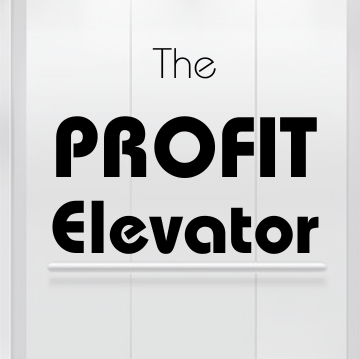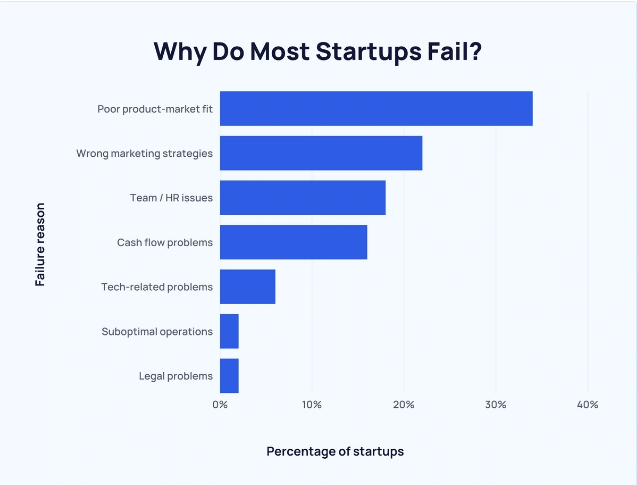
Unknown and Unloved
It’s common for small and medium-sized enterprises (SME) to feel that no one knows them or what they do. This leads to disappointing sales.
The temptation is to counter this by shouting about everything they know and do. This puts buyers off because of Choice Overload. If a firm cannot sell one service, it will not be able to sell many.
Another mistake is to talk about how complex a product is, or how hard people work. Examples include “we perform 250,000 calculations a second” or “I worked two weeks to deliver this”. Only the outcome matters to clients.
Marketing copy reflects this. “The 250,000 calculations behind every successful client decision” and “I read 20 books on negotiating and here’s my summary” are marketing hooks.
These statements provoke curiosity about an outcome and attract buyers. They promise to transfer your knowledge to your clients. But to make a sale you now must show the value of your offer.
What type of knowledge does that require?
What is Knowledge?
There are three types of knowledge:
Knowing that, meaning you understand something
Knowing how, meaning you can do something
Knowing from experience, as in being familiar.
Thought leadership is improving “knowledge that”. It starts with conjecturing a theory and publishing it for discussion. This is one form of educational, or top-of-the-funnel marketing content. It attracts attention but does not sell.
Numbers are a strong hook for educational content. For example,
“1/3 of startups fail due to poor product market fit.”

Source: Failory, Business News Daily, Investopedia, CB Insights, Review 42
This implies the presenter knows how to go-to-market. It gets you a listen but not a sale. To do that you must demonstrate that you know how.
A theory must be criticised. This proves it is robust and hard to vary. If buyers get the same result through different means you will struggle to sell. It is important to be different from the competition.
A robust theory requires testing. This might be showing a demo or building a minimum viable product. This is “knowing how”. Marketing of know-how is middle-of-the-funnel content.
Showing the results clients achieve with a product or service is bottom-of-the-funnel content. The purpose is to have buyers say I want that. The more familiar the outcome, the greater the appeal. This is “knowledge from experience”.
How We Learn
Knowing from experience is not scientific knowledge. It is emotional and personal. It may be triggered by stories, analogies and metaphors. The more familiar people are with the value a business creates, the more likely they are to buy from it.
When we are shown or told something we form an image in our minds. This is personal and never an exact copy of the other person’s idea. Our understanding may be better or worse than theirs.
Sharing understanding means creating an accurate image in another person’s mind. This is important when delegating a task or selling a product. This is why showing works better than telling.
My Experience
I worked with a start-up that went to great lengths to deliver complicated sustainability analysis for investors. They argued that their understanding of the issue was unique. Marketing was all about “knowing that” and “knowing how”.
Clients care only about an outcome and the results were not different enough from rival methods. The product did not sell.
Another client was struggling to sell complex analysis. By giving buyers control of a demonstration, they showed the value of their platform. They also built familiarity through muscle memory from using it.
Sales and marketing focused on showing “knowledge from experience”.
Questions to Ask
Study your marketing copy. Are you bringing new knowledge to market, demonstrating know-how, or presenting clients’ results? Ideally you do all three.
Is your sales team showing not telling to prospects? Do buyers have a hands-on experience of products and services? Do you present social proof in testimonials from existing clients?
Do you demonstrate to colleagues how to do a task when delegating? Video is a powerful tool. Most people master a task after watching it done four times.
If you answer yes to these questions you are in a strong position. Your sales process delivers positive results. You scale your business by freeing your time to develop more world-class services.
If you answer no, then reply “curious” to this message and let’s explore whether we are a good fit to work together.
I'm Simon Maughan and I write The Profit Elevator as a guide for B2B firms seeking faster growth. Building trust and understanding through shared knowledge is covered in The Management Mentality Map in The P.R.O.F.I.T. Through Process Planner.
If you found this letter valuable, please share it with a colleague and a friend.
